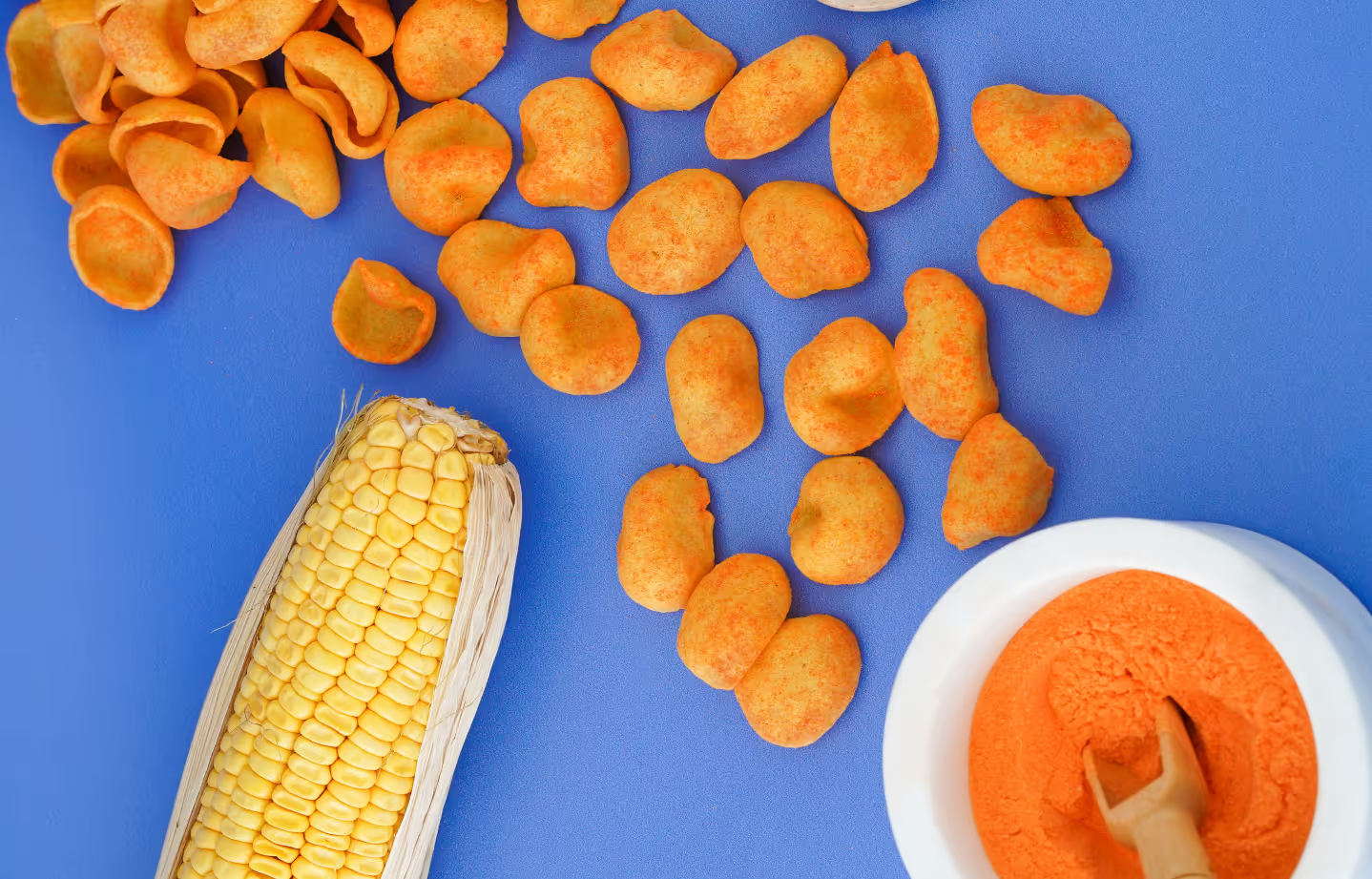

Vision: maintains good vision
Immune System: maintains the integrity of the skin and mucous membranes, which act as barriers to infection
Growth & Development: aids in growth and development, particularly in the development of bones, teeth, and skin
Skin Health: prevents skin damage caused by environmental factors like UV radiation.
Antioxidant: protects cells from damage caused by free radicals
Energy Production: converts carbohydrates to energy
Cognitive Function: maintains cognitive function, including memory and mood regulation
Metabolism: metabolizes amino acids and other nutrients
Eye health: maintains good eye health and preventing vision problems
Energy Production: converts carbohydrates, proteins, and fats in the body to energy
Antioxidant properties: protects the body from oxidative stress, which can damage cells and contribute to aging and disease
Skin health: helps maintain healthy skin by supporting collagen production and protecting against damage from UV radiation
Eye health: maintains healthy eyesight and preventing conditions such as cataracts.
Energy production: metabolizes carbohydrates, proteins, and fats in the body
Skin health: reduces inflammation, supports skin barrier function, and reduces hyperpigmentation
Cognitive function: improves cognitive function and reduce the risk of cognitive decline in older adults
Energy production: metabolizes carbohydrates, proteins, and fats in the body
Skin health: improve skin hydration, reduce inflammation, and accelerate wound healing
Stress reduction: produces adrenal hormones, which helps manage stress
Immune support: helps reduce the risk of infections
Energy production: metabolizes carbohydrates, proteins, and fats in the body
Immune support: helps reduce the risk of infections
Hormone regulation: produces serotonin, melatonin, and norepinephrine, which are important for regulating mood, sleep, and stress levels
Skin health: reduces inflammation and redness in the skin
Energy production: metabolizes carbohydrates, proteins, and fats in the body
Cognitive function: improves cognitive function and reduce the risk of cognitive decline in older adults
Immune support: helps reduce the risk of infections
Antioxidant properties: protects the body from oxidative stress, which can damage cells and contribute to aging and disease
Collagen production: produces collagen, a protein found in skin, bones, and connective tissue that provides strength and elasticity
Skin health: helps maintain healthy skin by supporting collagen production and protecting against damage from UV radiation
Brain function: support proper functioning of the nervous system and can help improve cognitive function
Mood regulation: helps improve mood and reduce symptoms of depression.
Strong bones and teeth: supports development and maintenance of strong bones and teeth
Muscle function: aids in muscle contraction and relaxation
Nervous system function: supports proper functioning of the nervous system
Energy production: metabolizes carbohydrates, proteins, and fats in the body
Immune support: helps reduce the risk of infections
Cognitive function: improves cognitive function and reduce the risk of cognitive decline in older adults
Muscle function: aids in muscle contraction and relaxation
Supports muscle function: aids in proper muscle function, including muscle contraction and relaxation
Supports nerve function: aids in proper functioning of the nervous system
Bone health: helps improve bone density and reduce the risk of osteoporosis
Digestive health: helps support healthy digestion and reduce the risk of constipation


Tapioca Starch, also known as tapioca flour, is a gluten-free and grain-free alternative to wheat flour. It’s a good source of carbohydrates, nutrient-dense, gluten-free, and easy to digest.

Wheat Starch is gluten-free and a good source of carbohydrates which provides energy to the body. It is a good source of iron, an essential mineral that aids in the production of red blood cells and the transportation of oxygen throughout the body..

Corn contains a variety of antioxidants that are important for maintaining healthy vision. Corn is a good source of dietary fiber, which can help to promote digestive health, regulate blood sugar levels, and lower cholesterol levels. It’s nutrient-dense and a good source of carbohydrates.

Yellow Corn is a good source of fiber and carbohydrates which support digestive health and energy. It is rich in vitamins and minerals including vitamin C, vitamin B6, potassium, and magnesium. It also supports vision health.

Corn Meal is a good source of dietary fiber, carbohydrates, and essential nutrients such as vitamin B6, magnesium, and potassium. It is a naturally gluten-free, making it a good option for those with celiac disease or gluten sensitivity.

Potatoes are a good source of carbohydrates and nutrients such as vitamins C and B6, potassium, and dietary fiber. They also contain small amounts of iron, magnesium, and other important minerals. They are low in calories and are also fat-free and cholesterol-free. They also contain small amounts of protein, which is important for muscle growth and repair.

Nonfat Dry Milk is a good source of high-quality protein, which is important for building and repairing muscles and tissues. It is a good source of calcium, which is important for strong bones and teeth. It is low in fat and have some essential nutrients such as vitamin D, vitamin A, and potassium.

Honey is rich in antioxidants, which help protect cells from damage caused by free radicals. It is a natural sweetener and a good source of energy as it helps regulate blood sugar levels, which can prevent energy crashes.

Shrimp is high in protein and low in calories. It is rich in omega-3 fatty acids, which are important for brain health, heart health, and reducing inflammation in the body. It also provides essential nutrients such as vitamin B12, selenium, and iodine.

Pork rind is high in protein, low in carbohydrates, and low in sugar. It is gluten-free and a good source of minerals like calcium, iron, and zinc, as well as B-vitamins like niacin and thiamine.